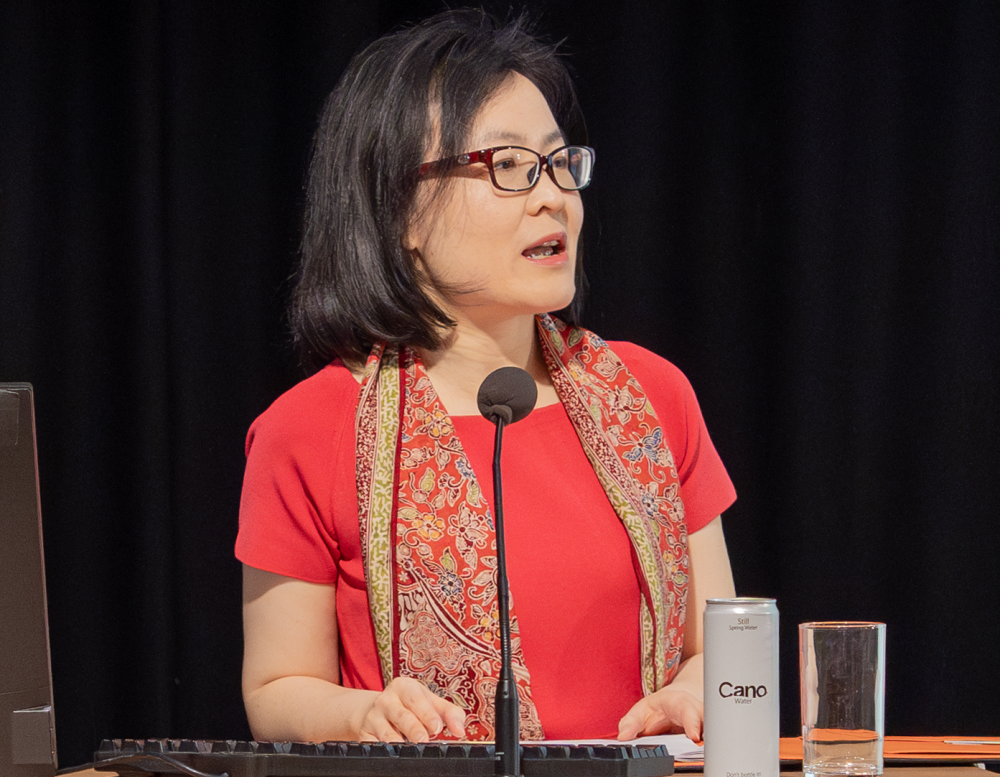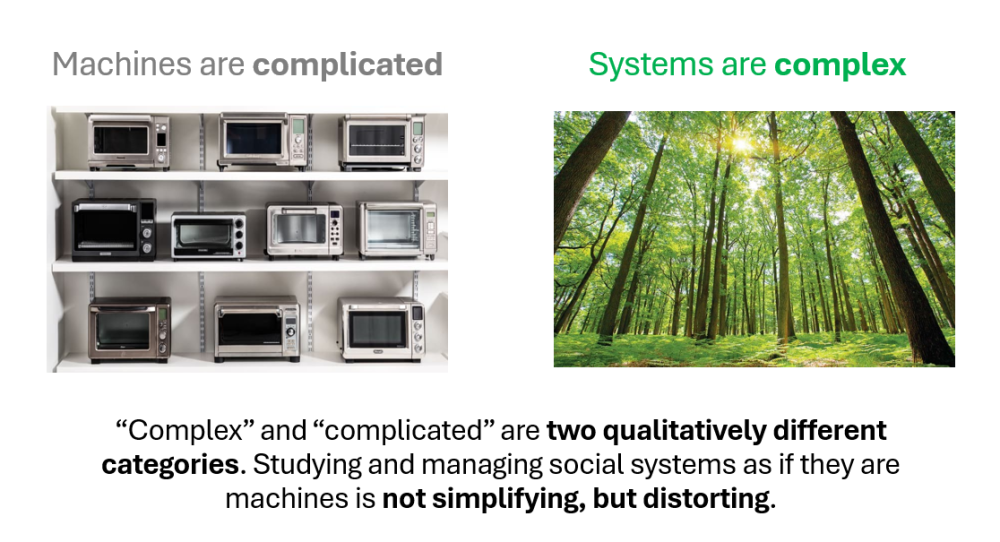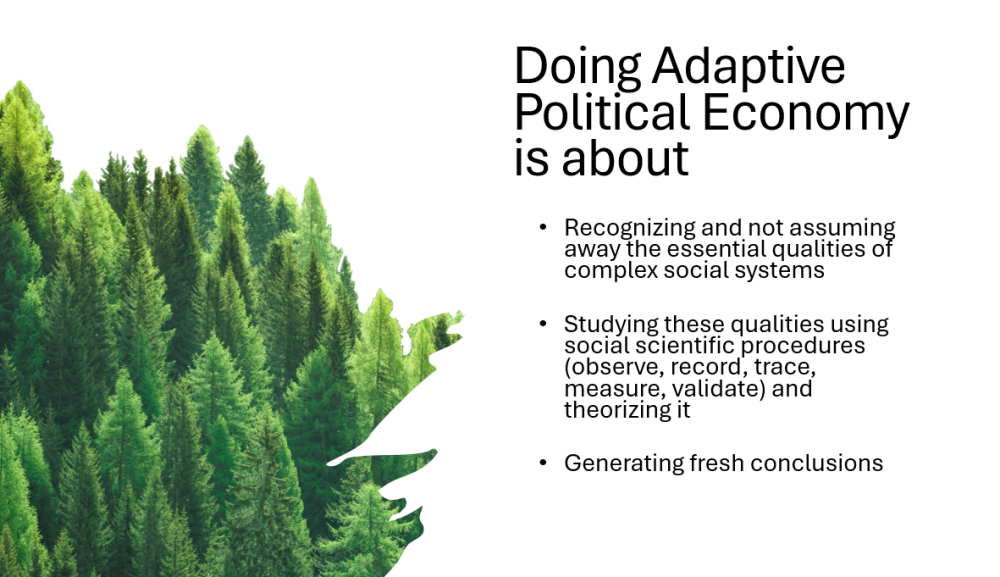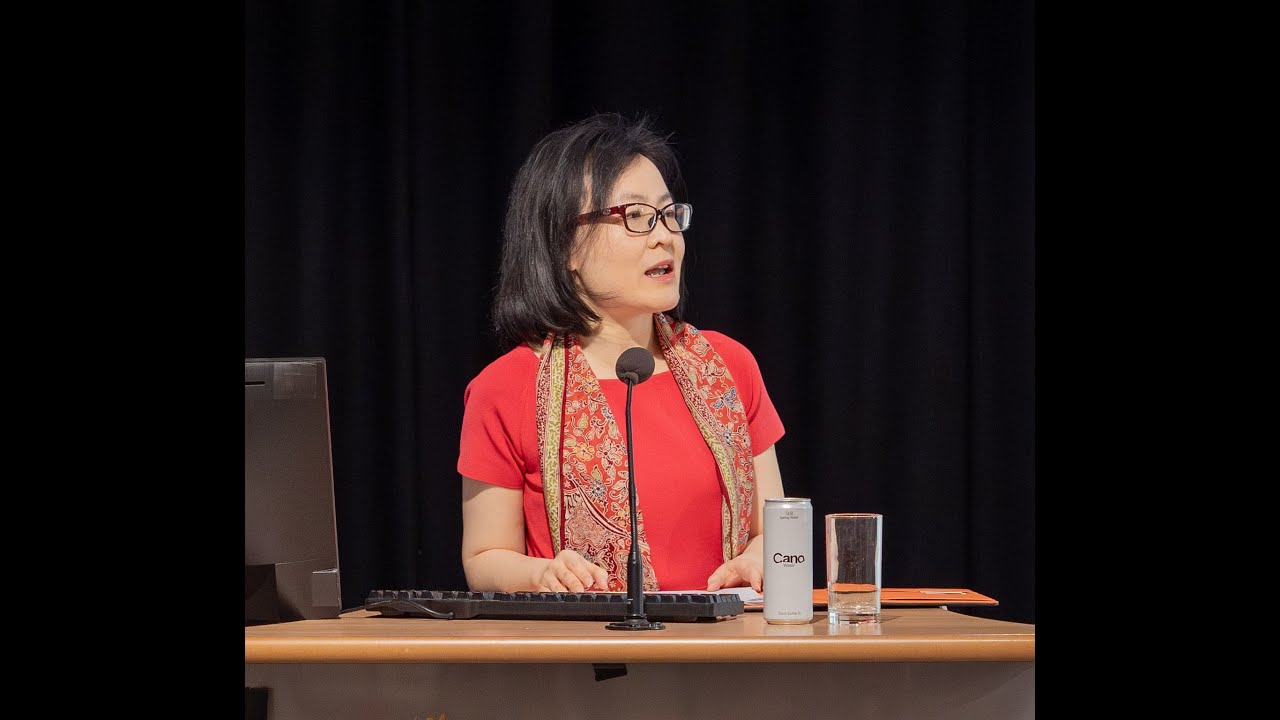Adaptive Political Economy: Yuen Yuen Ang delivers DLD’s Inaugural Annual Lecture


Yuen Yuen Ang underscores a fundamental error in political economy: experts routinely treat living, complex, adaptive social systems as machine-like objects. She introduces an alternative paradigm - Adaptive Political Economy - that takes the adaptive nature of political economies as the starting point. Applying this paradigm to classic questions in development, she shows with examples from her work, can generate new conclusions and motivate new empirical agendas.
DLD was delighted to welcome Professor Yuen Yuen Ang to SOAS on 11th June 2024 to deliver our inaugural Annual Lecture. The subject of Professor Ang’s lecture was paradigm-challenging with important implications for social science teaching and research methods. Ang is the Alfred Chandler Chair of Political Economy at Johns Hopkins University and the inaugural recipient of the Theda Skocpol Prize from the American Political Science Association.
She started by kindly congratulating DLD for its ‘silo-busting’ activities and then went on to explain that the dominant paradigm in political economy assumes social systems operate like machines with mechanical or linear outcomes. The tendency towards this mode of thinking is particularly prevalent in industrial nations exposed to the discipline of the factory or the office.
But, Ang argued, social systems, governments, markets are not machines. They are systems with interconnected elements that adapt to each other dynamically. More like trees than toasters.
Using the classic question of whether "growth or good governance comes first in development" as an illustration, Ang observed that mainstream theories are stuck in one way or another because they artificially assume that development is a linear process. In fact, development is by nature a co-evolutionary process, and the right approach should be to investigate how such a process unfolds step-by-step. Her past work applied this approach in cases as diverse as post-1980s China, 19th-century USA, and Nollywood in Nigeria.
In other words, the alternative to mechanical thinking are not platitudes such as "embrace systems" or "life is messy," nor is it rejecting empirical study and theory. Instead, the alternative is taking the hard steps of:
- Recognizing and not assuming away the essential qualities of complex social systems
- Studying these qualities using social scientific procedures (observe, record, trace, measure, validate) and theorising it.
Ang stressed that the test of this research approach is that it should lead to fresh and more meaningful conclusions about complex development challenges.
Following the lecture, Dr Jean Boulton from University of Bath, an expert in complexity theory, and DLD Co-Director Jonathan Di John responded and then there was a truly rich exchange with the audience on modernisation, inclusive development, and focusing on the innovations of the poor, amongst other things.
In a telling response to a question about her intellectual journey, Professor Ang described her classical training in political science and how, when trying to turn her PhD into a book, she found the story she had told ‘artificial and static because that was how I had been taught to think’ and that the tools she had been given did not enable her to deal with complexity.
So I decided to unlearn – to take what was programmed into my head, delete that app and install a new one. And to do that I had to create a new app. I had to invent a new paradigm for myself.
Header Image Credit: Tim Johnson via Unsplash.
Watch the full DLD Annual Lecture 2024
Further information
For more information, please see:
- Prof. Ang's essay "Adaptive Political Economy" in World Politics.
- A review of this essay by Suyash Rai at Carnegie India.






